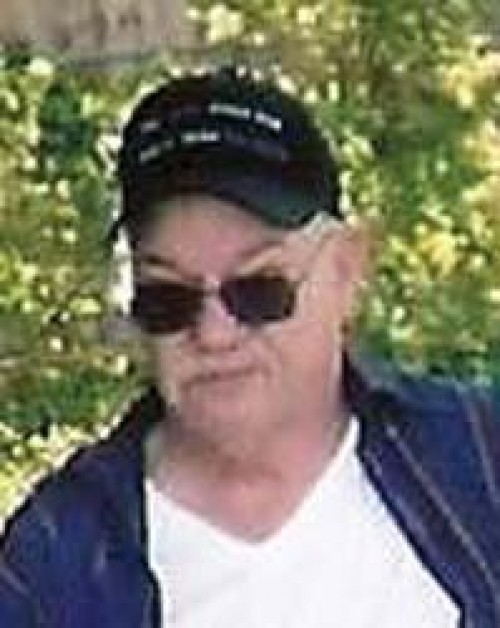‘Hoppy ANT-iversary’ Audubon Insectarium
June 9, 2009
Stephen "Joe" Andras
June 11, 2009Prior to 1955, Paul Dietzel’s only coaching experience was as an assistant under Paul “Bear” Bryant at Kentucky and Red Blaik at Army.
The former Air Force veteran had playing experience as an All-American center for Miami University of Ohio until he graduated in 1948.
In 1955, his career took a turn toward the legendary. Louisiana State University formally offered him the head football coaching job.
“A lot of people come here and thank me for everything I have done for LSU,” Dietzel said at last Tuesday’s LSU Tiger Tour 2009 in Houma. “I said, ‘You know, it’s a two-way street. LSU has done a lot for me, too.’ They hired me when I was a young assistant coach at West Point. I had no head coaching experience, so they took a chance on me.”
Dietzel is hailed as an LSU great today.
He chronicled the feats of his championship 1958 Tiger team and his coaching career in the book he authored, “Call Me Coach.”
But it wasn’t always high times for the former coach. During his first three years in Baton Rouge, the football team finished 11-17-2, causing Dietzel to question his future with the team.
But then-LSU president General Troy Middleton stood by Dietzel, giving him another year to turn things around.
“Had it not been for him, I probably would not have made it a fourth season,” Dietzel said.
Middleton called it right. That fourth season proved to be one of the team’s most memorable under Dietzel’s leadership.
That season, in 1958, the coach implemented a three-team platoon. Three teams, each with 11 different players, replaced the Iron Man system most universities relied on. LSU’s platoons ensured no one ever tired on the field.
Instead of replacing individual players during the game, Dietzel would send in an entirely new platoon between plays and series. The three teams were called the White Team (the first-string offense and defense), the Gold (Go) Team (the second-string offense), and the famed Chinese Bandits (the second-string defense).
“Playing three teams and using them in every quarter of every game, we figured if we could hold on in the fourth quarter that we would wear the other team out,” Dietzel said.
The Tigers went 11-0 that season, winning the Sugar Bowl at Tulane Stadium in New Orleans 7-0 against Clemson and giving the school its first-ever national championship.
“All the athletes we had recruited grew up and, in 1958, we were a very good football team,” the 84-year-old said. “From that time on, LSU has really been a good football team. They might not have won huge championships every year, but they are competitive every year.”
The Tigers made the record books again the following year with Heisman Trophy winner Billy Cannon’s infamous run against the Ole Miss Rebels. The 89-yard punt return gave the No. 1 Tigers the come-from-behind win and helped propel them into the Sugar Bowl.
“Billy was seen as different than anyone else because he had such great speed,” Deitzel said. “He won the 100-yard dash, and he won the shot put in the same day. Sports magazines that year wrote ‘Billy Cannon is either the fastest shot putter or the strongest 100-yard dash man in the country.’ He was just a really remarkable athlete.”
Dietzel coached three more years at LSU, winning the Orange Bowl during his final season (1961).
He left for Army, where he remained through 1965. With a 21-18-1 record to his credit, Dietzel left his alma mater to take over the head-coaching job at the University of South Carolina. He remained with the Gamecocks until his retirement in 1974.
By the end of his career, Dietzel had compiled an overall coaching record of 155-119-8. To this day, despite only having coached the Tigers for seven seasons, he is considered a member of LSU’s elite national championship fraternity.
Dietzel returned to Louisiana after retiring at South Carolina in 2003 – the same year Nick Saban led the Tigers to their second championship win.
“Because of that, everybody wanted Nick Saban to sign everything, and then they wanted me to sign it,” he said. “In the next two months after the end of that season, I signed my name more times than I had the previous 40 years, and I am not exaggerating.”
“It’s the same thing now that Les Miles won one, too,” he added. “Everyone wants the national-championship-winning-coaches’ signatures together.”
As a consummate Tiger fan, Dietzel said he sees great things in store for LSU athletics.
“I think LSU will continue to be good,” he said. “I think Les Miles has done a fine job, and frankly, I don’t think another coach in America could have done in 2005 what he did to start the season after Katrina and still come through as he did.”








